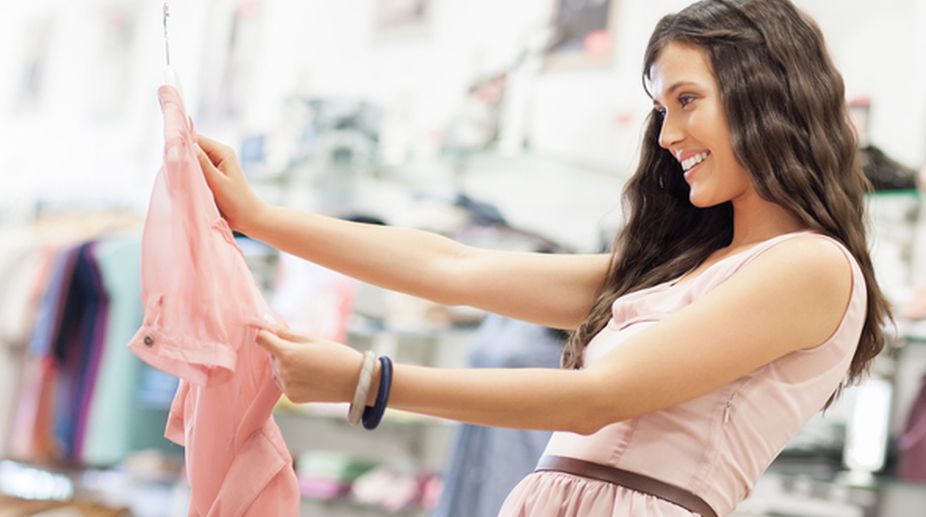More that 50% individuals suffer from Hepatitis
Hepatitis is a term used to describe liver inflammation. It can be caused by a variety of reasons such as…
Clothes can play a big role in making for a perfect breeding ground for infections.

(Getty Images)
Doctors say that one in five women suffer from UTI at least once in their lifetime. The risk prevails right from birth — paediatricians often advise parents to look out for their baby girls from contacting UTI.
“In women, the urethra is shorter than in men, and is closer to the anal opening. So they are more prone to infections,” urologist Jaswant Patil said. Improper cleaning techniques and exposure in an unhygienic swimming pool can increase chances of infection, he added.
Gynaecologist Priti Vyas said chances of UTI increase with advancing age. “More women than men suffer from UTI and the numbers do not neutralise with age. In fact, as women reach peri-menopausal and menopausal stage, their estrogen levels in the vagina dips, thereby making the urethra more prone to catching urinary tract infection,” Vyas told this correspondent.
Advertisement
Similarly, lower estrogen levels in the very young makes baby girls more susceptible to such infections.
Clothes can also play a big role in making for a perfect breeding ground for infections. Gynaecologist Ranjana Das said that tight clothing that traps moisture increases chances of UTI.
“We see a lot of young college-going girls complaining of UTI. Wearing tight-fitting jeans that go unwashed for days is a big culprit because it does not allow ventilation and makes a conducive environment for bacterial growth. Using unclean washrooms is another reason,” the doctor said.
Avoiding public washrooms may not be possible, especially while travelling or at work. Even so, a lot of people, especially women, hold their urine for a long time when faced with the prospect of using public loos. This, Vyas said, also leads to UTI. Hence many people are now opting to carry toilet seat sanitisers.
Vikas Bagaria and his wife Srijana, co-founders of one such product, PeeSafe, said that they realised its need after Srijana was hospitalised with a high-grade fever and acute UTI while on a road-trip.
“We had to cut-short the road-trip in Rajkot and fly back to Delhi where Srijana was hospitalised. It was then she thought of a product that would keep women safe while using public washrooms,” Vikas said. They discussed the idea, and he finally came up with the product that is now exported to different countries like Australia, Nigeria, Kenya and Singapore.
Coming back to clothing, Patil also said that tight clothes “compromise blood circulation which leads to lowering of local immunity and makes one prone to infections”. “Women with menstrual problems are more prone and should be cautious,” he added.
Nylon undergarments should also be avoided.
To tackle the problem or keep risk at bay, doctors advise consumption of plenty of fluids — although one may not feel as thirsty during the monsoon — and alkaline food like fruits, vegetables and legumes. In hot and humid weather, the urine becomes more acidic and concentrated, and therefore chances of inflammatory UTI and then secondary infection spikes, which fluids can help avoid.
Vyas also has a word of advice against certain products. “Female hygiene sprays, scented douches and scented bath products can sometimes cause severe inflammation and irritation; so they should be avoided,” she said.
Advertisement